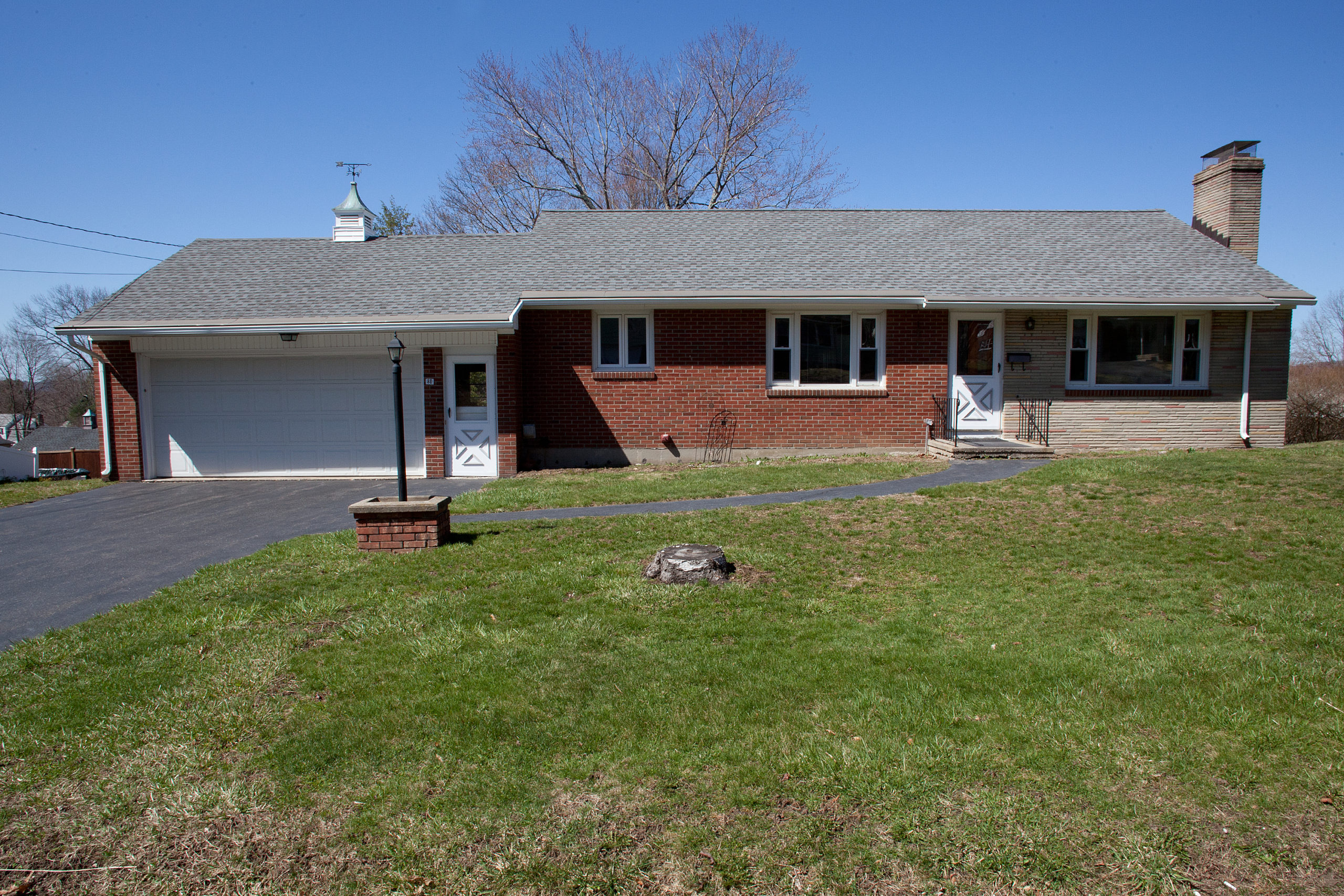As Baby Boomers enter retirement, there is a growing interest in 55+ communities, sometimes called active living communities or senior living communities.
As a real estate agent who specializes in helping homeowners downsize (or, more accurately, rightsize), I keep a close eye on 55+ communities to see if they are a good fit for my clients. And with so many questions surrounding the 55+ community model, I wanted to dedicate a post to share the ins and outs of 55+ communities.
Maybe you’re seeing signs that it’s time to downsize, and you’re wondering if a 55+ community is the right fit for you. Or maybe you have an aging parent who could benefit from living in a more social community. In any case, I’m glad you’re here, and I’m happy to share some insider knowledge with you about how 55+ communities work!
What Are 55+ Communities?
55+ communities are housing developments specifically designed to meet the needs of more mature residents. For example, units in 55+ communities may focus on single-level floorplans or offer elevator access for residents who prefer to avoid having stairs at home. These communities also often offer a social aspect, like a clubhouse with regularly planned events. This social element fosters friendships and promotes safety.
These communities can be made up of any residential property type, including single-family homes, townhouses, condos, and apartments. Depending on the community, residents might own or rent their units/homes. Some communities will offer both options. You might even find co-op ownership structures, in which all residents own a share of the legal entity that owns the entire property.
What Features and Amenities Do 55+ Communities Offer?
Features and amenities vary widely from one 55+ community to the next. Common features may include:
- Maintenance
- Landscaping
- Security
- Meal plans
- Lite medical assistance
You might also find luxurious amenities in some of these communities, including
- Fitness centers
- Recreation rooms
- Pools
- Courts for sports like tennis, basketball, volleyball, and pickleball
- Fields for sports like soccer, flag football, or croquet
- Putting greens
- Art rooms
- Billiard rooms
- Restaurants and cafes
Additionally, the community might host regular events for residents. You may even find ongoing social clubs within a community!
Factors to Consider When Choosing a 55+ Community
There are several factors to consider before choosing a 55+ community or a loved one.
- Location. Is the community located near family? Is the weather an issue?
- Community rules and regulations. Does the community have rules or regulations that may impact your experience? For example, are there restrictions that would prevent the grandkids from visiting for as long as you’d like? Are pets allowed?
- Cost. Because many 55+ communities offer more amenities than single-family homes, they may have a higher monthly expense. You should inquire about any HOA (homeowner association) fees or service fees. Keep in mind that some of this cost may be offset (or completely accounted for) by selling your existing home.
- Ownership structure. Some communities offer lease-hold interest only (meaning that the units are rented, rather than owned). Others allow residents to buy their units. And some offer a shared ownership interest (like a co-op ownership structure).
- Amenities. Which amenities are most important to you? Which will you get the most use out of?
The Process of Selling Your Home and Moving to a 55+ Community
The idea of selling your home and relocating may feel overwhelming. Downsizing (or should we say rightsizing?) may mean letting a few things go. And moving your life from one home to another is always a bit of a process. But I want to help make this process as smooth as possible for you!
Please review my Downsizing Home Checklist for a simple task list for selling your current home and moving into a smaller home. This checklist includes:
- Downsizing all the stuff you’ve accumulated over the years. This step alone can feel like a major undertaking! But between gifting, donating, selling, recycling, and trashing, you can find an appropriate place for everything. You may even decide to have an estate sale to help you downsize and declutter.
- Listing your current home for sale. Selling your home can be emotional. Maybe you’ll feel relief at moving from one chapter of your life to the next. Maybe you’ll feel a little sad to let your last chapter go. Maybe a combination of both. I know selling a home is more than a financial transaction for most homeowners. As a seller’s agent, my job is to help you get the best price and best terms on your sale, while also helping you to navigate the real emotions that come with this process. You can always contact me if you have questions about selling your home.
- Finding your new home. This is where you get to explore your options! You may have already decided that a 55+ community is the right fit for you. Or you may be interested in seeing what is available. Whether you’re looking to rent or buy, 55+ community or not, I would be happy to help you find your new home!
- Moving! Pack up the items you plan to keep, and get them to your new home. This is an exciting day; one that will set the stage for your new life!
55+ Community FAQs
1. Do all residents have to be 55 or older to live in a 55+ community?
In most 55+ communities, at least one member of each household must be over 54 years old. In many cases, younger spouses, or children may be permitted to live in the household so long as there is one member who is over 54.
It’s worth noting that the 1995 Housing for Older Persons Act (HOPA) simply states that “at least 80 percent of the units must have at least one occupant who is 55 years of age or older.” This means that 55+ communities can allow some units to be occupied by residents under 55. The specific age requirements can vary by community.
2. Are 55+ communities equipped for health and medical needs?
Some 55+ communities may be equipped for health and medical needs. However, this is not a requirement, and many communities will not offer health or medical services.
3. Can my family visit, and are there age restrictions for visitors?
Most 55+ communities will have specific rules regarding under-aged visitors. For example, a community might stipulate that residents can have visitors under 55 stay in the community for a certain number of days each month or year. Some communities will even host family weekends, where grandchildren are invited to stay and participate in fun activities.
4. What types of social activities are offered in 55+ communities?
Social activities vary by community, but it is common to find:
- Organized sports,
- Recreational group outings,
- Ongoing clubs (like book clubs, choir, or gaming),
- Classes (like cooking or language learning),
- Performances by local actors or musicians,
- Informal mixers, socials, and meet-and-greets, and
- Holiday parties.
5. Are pets allowed in 55+ communities?
Pets may be allowed. Review the pet policy for any restrictions before committing to a community if this is important to you.
6. How does the cost of living in a 55+ community compare to traditional housing?
The cost of living in a 55+ community can vary greatly depending on the amenities and services offered by the community. Communities with highly independent residents, for example, could be even more affordable than traditional housing because the dwellings are smaller and the maintenance cost is spread amongst all residents. Luxury communities with lots of amenities and/or personalized care can cost more than traditional housing.
7. Are 55+ communities the same as assisted living centers?
55+ communities is the general term for any housing development that specializes in serving residents aged 55 or older. Assisted living centers are typically reserved for residents who need day-to-day care.
Start Planning Your Future Today!
If you’re looking for a 55+ community in Connecticut, I would be happy to provide you with a list of local options. Simply contact me to ask.
If you’re a Connecticut resident who’s looking to leave the state to retire elsewhere, please check out my free Guide to Moving Out of Connecticut. You can also contact me for assistance in selling your CT home.
And if you’ve come across this article without having any connection to CT at all, I can still help! Just contact me for a referral to a licensed agent in your area.







